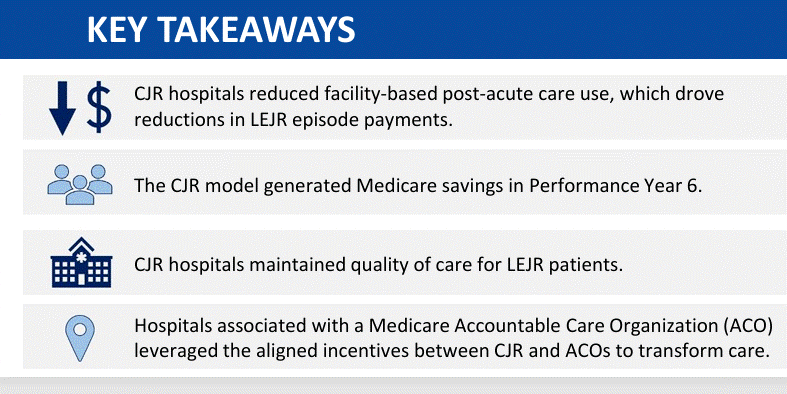
History of Psychiatry, Ahead of Print.
The Classic Text is an outline of the Stirling County Study as conceptualized by Alexander H Leighton. It was first presented at a conference held in 1949 organized by the Milbank Memorial Fund, an American philanthropic foundation. The meeting brought together 30–40 experts from across North America. Leighton succinctly explained his frame of reference for the epidemiology of mental disorders and the methodology of the community-based study he conducted in Nova Scotia. The introduction to the text explains contextual points, certain specificities of Leighton’s framework, and the discussions that surrounded it, largely dominated by a group of Harvard professors, including Erich Lindemann and John E Gordon.


